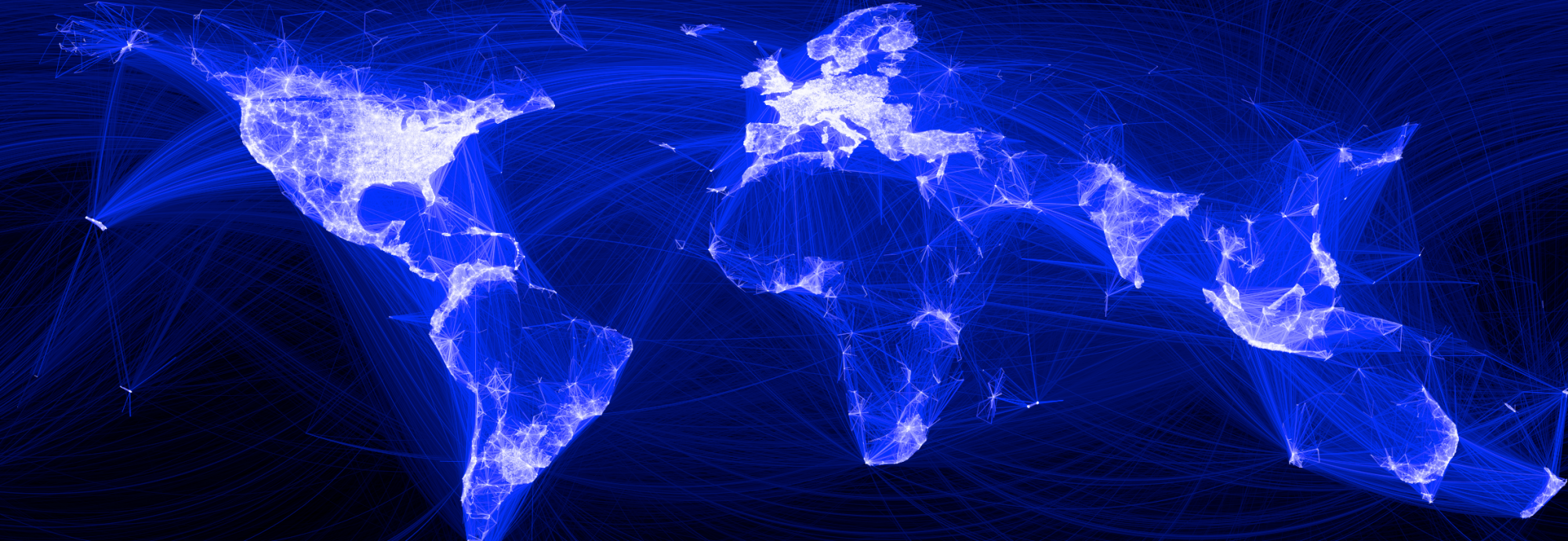A recent experimental study of Chinese Internet censorship confirms the emerging view that Chinese censorship of Internet communication is particularly directed at any communication with “collective action potential”, while criticism of leaders and policies is often allowed to stand. This study is particularly interesting in that it provides empirical evidence regarding the selectivity of censorship that did not exist previously in such an extensive form. The researchers conducted “a large scale randomized experimental study by creating accounts on numerous social media sites spread throughout the country, submitting different randomly assigned types of social media texts, and detecting from a network of computers all over the world which types are censored .” The Economist characterizes the goals of China’s Internet censorship similarly, as being especially concerned with preventing social media from being used to organize real-world activity, while allowing criticism of mid-level officials and policies.
The study relied upon two sources of information. First, they conducted a randomized experimental study by created social media accounts of different sites in different areas of China from which they made posts similar to existing content in order to study the immediate review process and outcomes of censorship, in a way that is not possible by simply observing content in a non-randomized fashion. They also created a social media platform using popular software. In this process they were able to collect information about how censorship is implemented, discovering that local social media sites have a fair bit of flexibility in interpreting the censorship mandated by the central government.
Internet censorship in China is the largest example of selective control of the Internet in the world, and other authoritarian states in the world seem to view China’s censorship model as one to follow. The most interesting thing that I learned from reading the study is the considerable leverage that does exist in what communications are allowed. China seems to have struck a fine balance between allowing sufficient criticism to be able to gain information on the concerns of the people, but disallowing communication that would explicitly facilitate mobilization. This means that though social media in China does facilitate some communication about government failings, the content is carefully controlled to prohibit such mobilization facilitated by social media as we have seen in Arab Spring countries. The cold war between authoritarian governments and people on social media is one that the people in China interested in social mobilization do not seem likely to win any time in the near future.

I’ve read the research article and it is quite interesting, and much in line with what others are saying about the evolution of the Chinese regime. Good topic
Mrs. Fister, this message is your next bit of info. Feel free to contact the agency at your earliest convenience. No further information until next transmission. This is broadcast #3718. Do not delete.